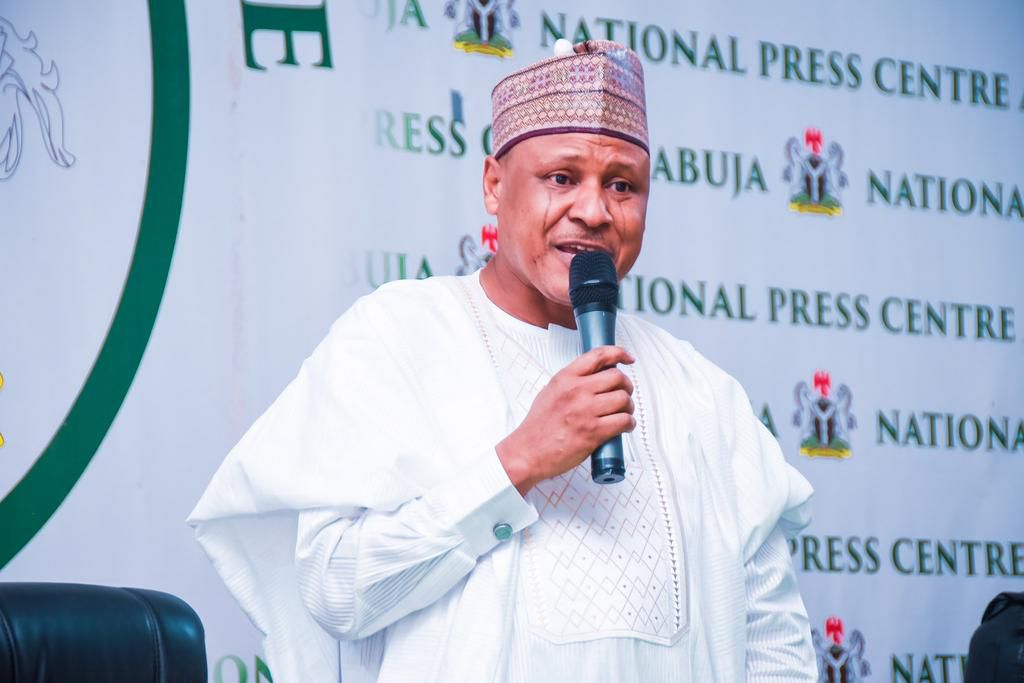Amid the recent tax reforms and the controversy surrounding them, the Minister of Information and National Orientation, Mohammed Idris, has maintained that President Bola Tinubu’s decision was not aimed at undermining democracy.
Speaking at the Nigerian Institute of Public Relations (NIPR) Annual Conference and Awards 2024 in Kaduna, Idris stressed the importance of effective taxation as a source of financial muscle to enable government deliver social services to its citizens.
He noted that the country’s tax collection system had long awaited reform due to design and implementation shortcomings. Thus, the ongoing review of the country’s tax laws was seen as timely and crucial, as part of macroeconomic reforms aimed at placing the country on an irreversible path of growth and development.
Idris assured that President Tinubu had made it clear that the executive would listen and work with all stakeholders to ensure that all concerns were duly addressed.
He said: “Even with our determination for fundamental reforms of Nigeria’s tax system, the Tinubu administration will never do anything to compromise the ideals of participatory democracy. Tinubu has always championed the interest of all Nigerians, wherever they are, in this reform agenda he has embarked on. We will continue to ensure open channels of communication and participation with the National Assembly, as Tinubu always says.”
The minister reiterated his commitment to deploying innovative and comprehensive mechanisms to provide the public with informed information aimed at fostering public confidence in the reform narratives of the Renewed Hope Agenda.
Idris commended Nigerians for expressing their views on the tax reform, stressing that it was a manifestation of what democracy should be. He also commended the NIPR Institute for providing a platform for Nigerians to engage in dialogue on issues that affect them.
Governor Uba Sani said his administration had taken steps to position Kaduna as a leading investment location in the country, thereby strengthening the economy and creating more jobs. The Chairman of the Federal Institute of Inland Revenue, Zacch Adedeji, said the tax reforms were aimed at streamlining the country’s tax framework and improving operational efficiency.
Adedeji stressed that the bills would collectively improve Nigeria’s revenue profile and make the business environment more conducive and internationally competitive, transforming the tax system to support sustainable development.
A prominent cleric, Sheikh Ahmad Gumi, hailed the NIPR Institute for stimulating national debate, adding that “it is not just taxation that needs reform in Nigeria, but all other sectors need it.”
Meanwhile, former President of the Christian Association of Nigeria (CAN), Rev. John Hayab, noted that the Holy Bible encourages the payment of taxes. He lamented that taxation is perceived as exploitation by Nigerians, adding that trust deficit issues must be addressed for the country to progress.
In conclusion, tax reform is critical to the growth and development of the country. It is not just a policy issue, but citizens, businesses and stakeholders must engage in constructive dialogue to build trust, promote understanding and encourage participation.

